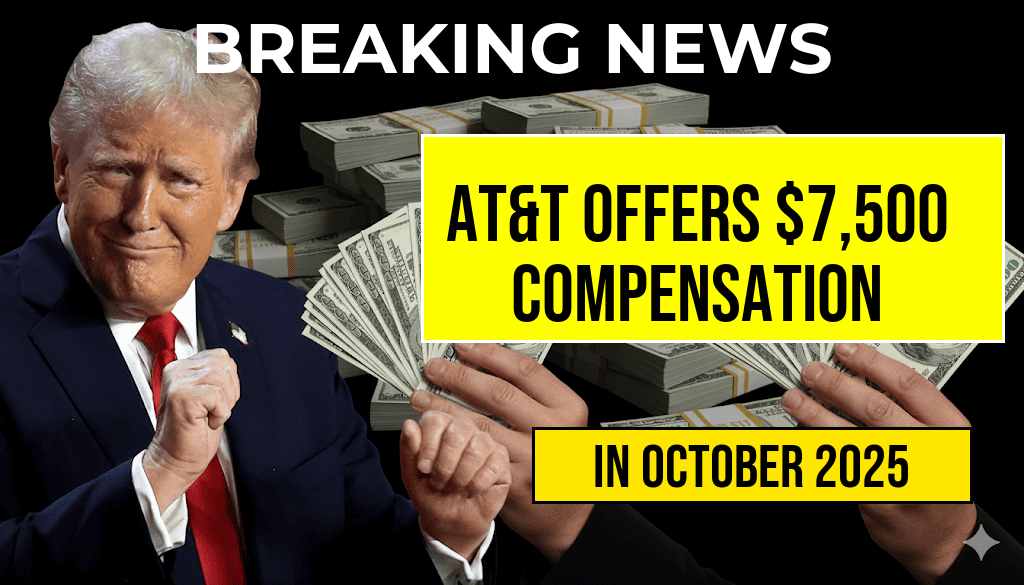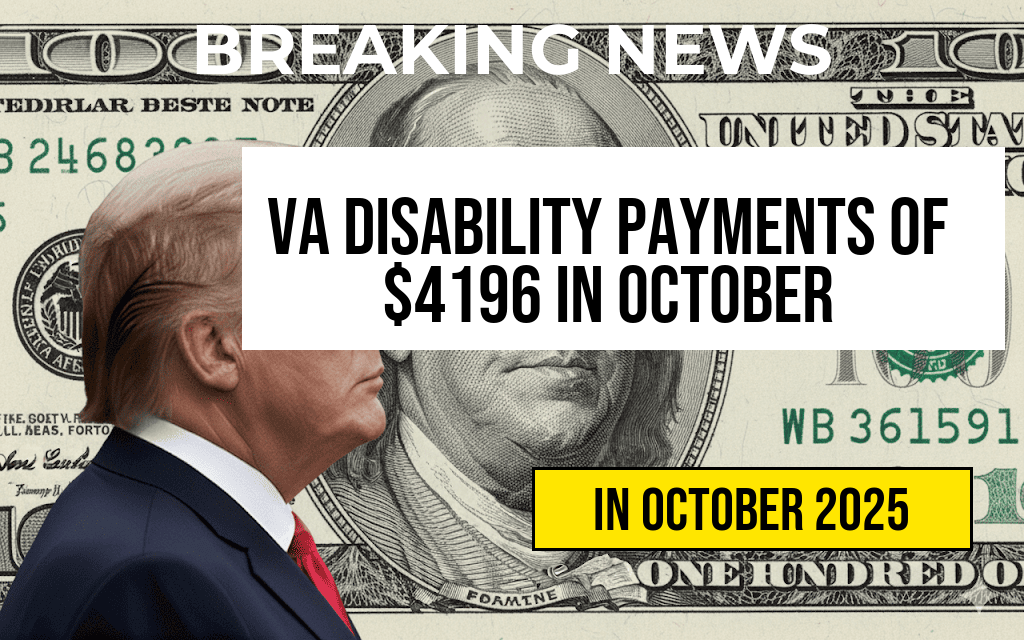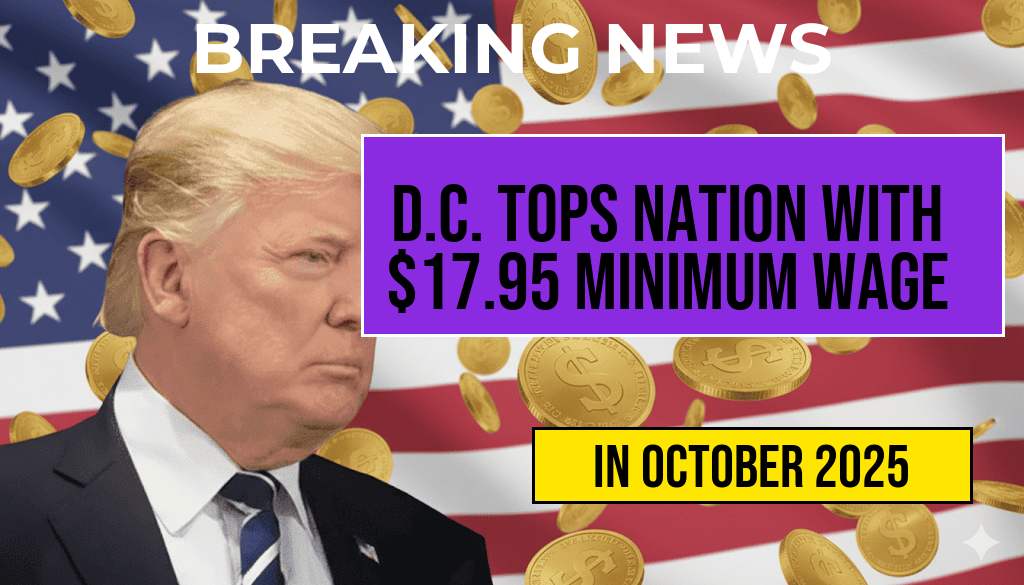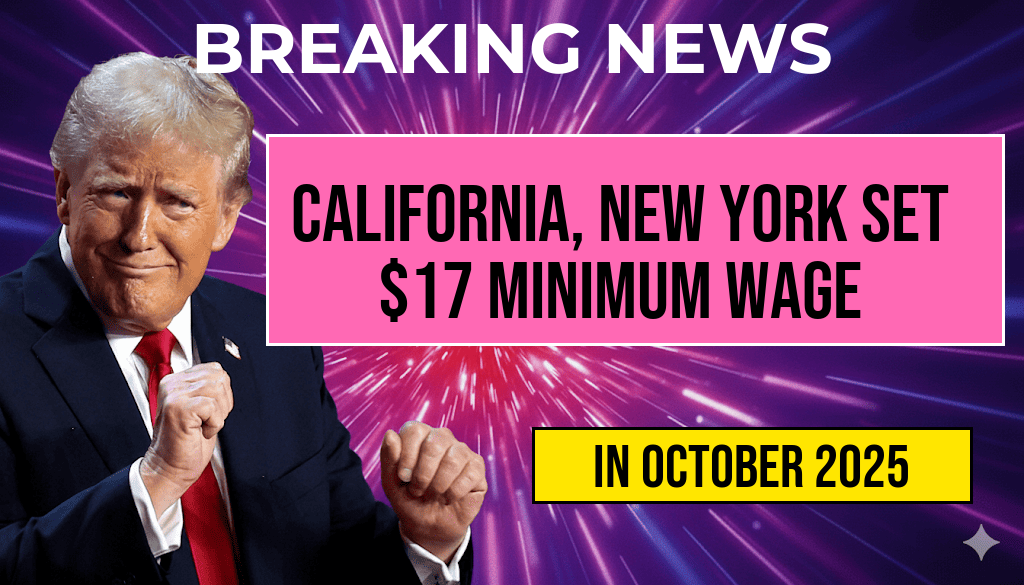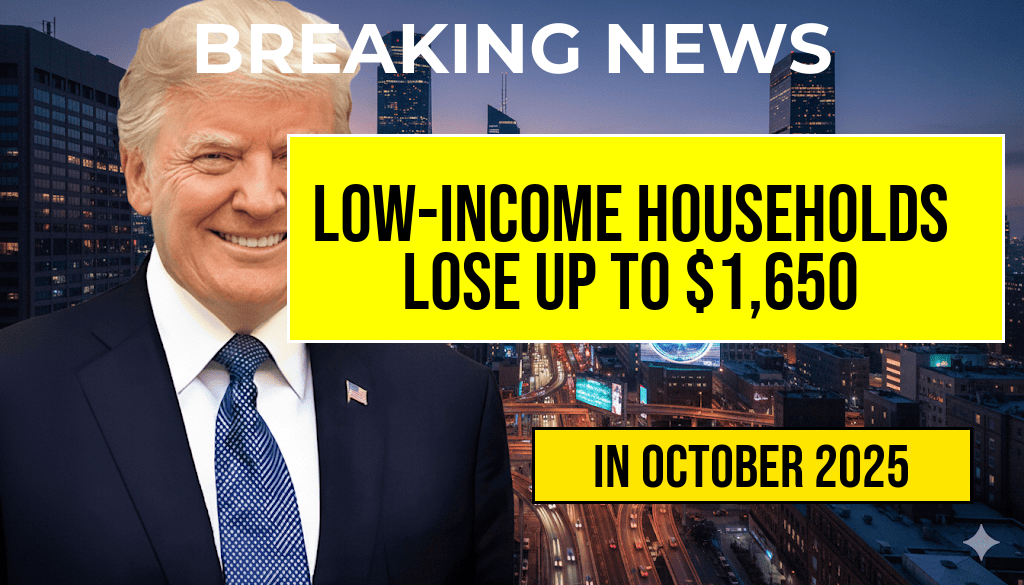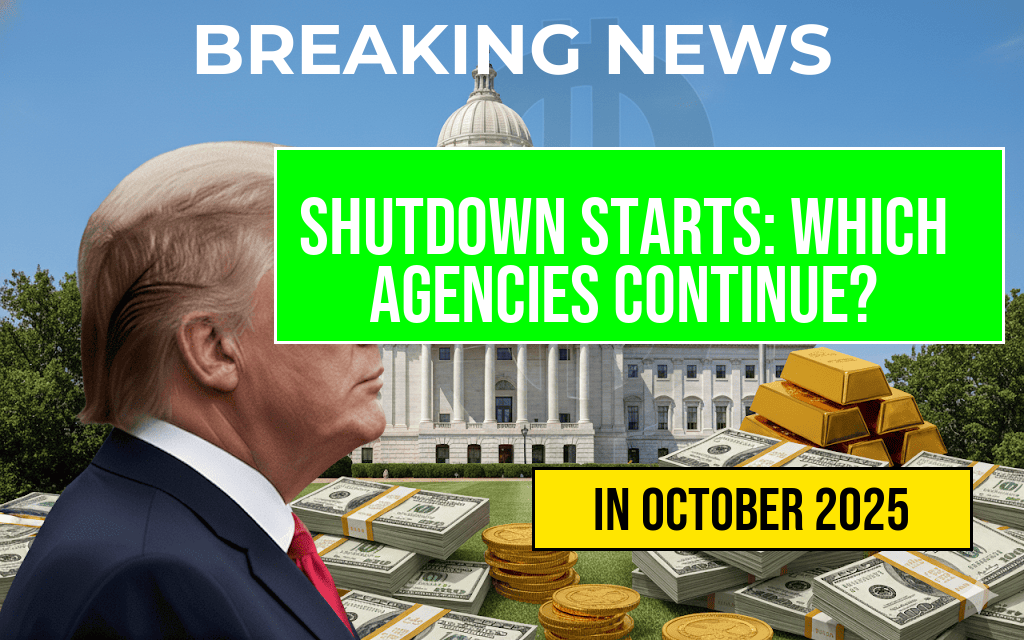Washington D.C. has established itself as the city with the highest minimum wage in the United States, setting the bar at $17.95 per hour for workers in the top pay tier. This figure surpasses the minimum wages of other major metropolitan areas, reflecting the city’s ongoing efforts to address economic disparities and improve living standards for its workforce. The city’s commitment to a progressive wage policy positions it at the forefront of national discussions around fair pay, especially amid rising inflation and cost-of-living expenses. As policymakers continue to evaluate wage structures, D.C.’s approach offers a compelling example of how urban centers are adjusting their labor standards to meet economic realities. This development not only impacts local employment dynamics but also influences broader conversations on wage equity across the country.
Understanding the Wage Structure in Washington D.C.
Top Pay Tier and Minimum Wage Regulations
Washington D.C. employs a tiered minimum wage system that adjusts based on various factors, including employer size, industry, and economic conditions. The highest pay category, often reserved for large businesses and certain sectors, currently mandates a minimum wage of $17.95 per hour. This rate was established following recent legislative updates aimed at gradually increasing wages to better reflect the city’s economic growth and cost of living. In contrast, lower tiers may have different minimums, but the top pay threshold signifies a deliberate effort to elevate wages for skilled and higher-paying roles.
Comparison with Other Major Cities
| City | Top Pay Tier Minimum Wage |
|---|---|
| Washington D.C. | $17.95 |
| New York City | $15.00 (state minimum, varies by industry) |
| San Francisco | $16.32 (citywide minimum) |
| Seattle | $15.75 (for large employers) |
While cities like San Francisco and Seattle have high minimum wages, D.C.’s top pay tier exceeds these figures, highlighting its leadership in wage standards. The city’s unique status as the nation’s capital and its significant federal presence contribute to its progressive wage policies.
Economic Implications and Workforce Impact
Addressing Cost of Living and Income Inequality
Washington D.C. faces soaring housing costs, with median rent prices significantly above national averages. The city’s push for higher wages aims to mitigate these financial pressures for workers, particularly in service, administrative, and technical sectors. According to recent [U.S. Census Bureau data](https://www.census.gov), income inequality remains a persistent issue, prompting local policymakers to implement wage increases as part of broader economic strategies.
Effects on Employment and Business Dynamics
Proponents argue that a higher minimum wage boosts consumer spending and reduces reliance on public assistance programs. However, some business groups express concern over increased labor costs, fearing potential job cuts or automation. Studies from the [Economic Policy Institute](https://www.epi.org) suggest that moderate wage increases can be absorbed by companies without significant employment reductions, especially when accompanied by productivity improvements.
Legislative and Policy Developments
Recent Policy Changes
Washington D.C. lawmakers approved legislation in 2022 to incrementally raise the top pay tier minimum wage, aiming for a gradual increase to $18.50 by 2024. The policy reflects a strategic effort to balance wage growth with economic stability. Additionally, there are ongoing debates about extending higher wages to smaller businesses and non-profit organizations, which often operate with tighter margins.
Future Outlook and Potential Adjustments
Analysts predict that D.C.’s wage policies will continue evolving in response to economic indicators and affordability metrics. The city’s government is also exploring initiatives to supplement wages through targeted tax credits and workforce development programs, ensuring that wage hikes translate into tangible improvements for residents.
Broader Context and National Influence
Washington D.C.’s leadership in setting a high minimum wage underscores a broader trend among progressive urban centers striving to reduce economic disparities. As other cities observe D.C.’s results, there is increasing momentum for nationwide adjustments to minimum wage policies. The federal government remains engaged in discussions about establishing a national baseline, but local jurisdictions like D.C. are often at the forefront of implementing innovative wage standards.
For more insights into wage policies and economic developments, readers can refer to sources like Wikipedia’s overview of wage labor in the U.S. and Forbes’ coverage on economic trends and labor markets.
Frequently Asked Questions
What is the current minimum wage in Washington D.C.?
The minimum wage in Washington D.C. is currently set at $17.95 per hour, making it the highest in the nation.
How does Washington D.C.’s minimum wage compare to other states?
Washington D.C. leads the nation with its top pay tier of $17.95 per hour, surpassing most other states’ minimum wages.
What factors contribute to Washington D.C. having the highest minimum wage?
The cost of living, economic policies, and local labor market conditions contribute to Washington D.C.’s position as the leader in minimum wage rates.
Are there different minimum wage tiers within Washington D.C.?
Yes, Washington D.C. has a structured minimum wage system with top pay tiers that set wages at higher levels, including the current rate of $17.95.
What impact does the high minimum wage have on workers and businesses in Washington D.C.?
The high minimum wage benefits workers by providing better earnings, while businesses may experience increased labor costs, potentially influencing employment and pricing strategies.

